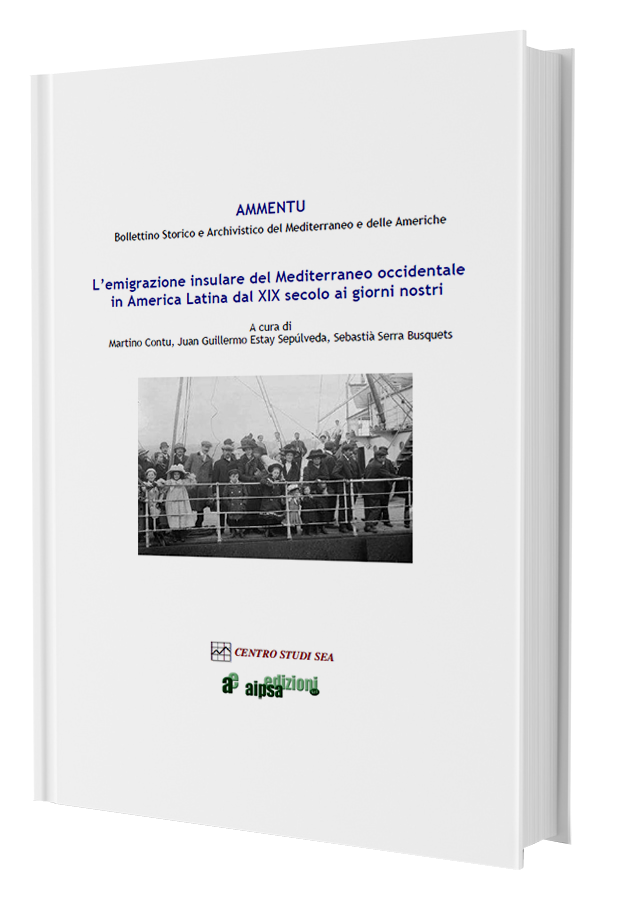Caratteristiche dell’emigrazione antifascista in America latina. Il caso dei repubblicani che lottarono nei Caraibi e degli antifascisti della “Lega Sarda d’Azione ‘Sardegna Avanti’” di Avellaneda
DOI:
https://doi.org/10.19248/ammentu.274Keywords:
Sardinian Anti-Fascist Migration, Lega Sarda d’Azione, Sardinia, Latin America, Argentina, Cuba, VenezuelaAbstract
Following a brief excursus on the characteristics of the anti-fascist migration in Latin America, this essay proceeds to describe two particular cases. The first one has to do with two Sardinian anti-fascist figures, supporters of the Republican Party who migrated to Cuba in the 1920s: Ugo Mameli and Silvio Mastio. Mameli maintained relations with other Italian antifascist exiles, while Mastio made contacts with several refugees of the Venezuelan Revolutionary Party, participating in the unsuccessful expedition to Venezuela in 1931 against the dictator Juan Vicente Gómez. On the other hand, the second case refers to the activities conducted by Sardinian anti-fascist groups operating in Buenos Aires, Argentina, and in the surrounding area of the capital city, but mainly in the industrial area of Avellaneda, where a group of islanders, under the command of the communist Francesco Anfossi, started an antifascist association, based on ethnic grounds, named Lega Sarda d'Azione “Sardegna Avanti”, which operated between 1929 and 1930.Downloads
Published
2017-12-30
Issue
Section
IV PARTE - L’emigrazione insulare mediterranea: profili di militari e antifascisti sardi in Argentina e nell’area dei...
License
Note on the copyright
The Copyright Notice below must be included with the journal information and in the metadata for each published article. Although every journal can freely determine the nature and scope of the copyright agreement with its authors, the Public Knowledge Project recommends the use of a Creative Commons license. For these purposes, an example is provided and may be copy and pasted in the space below for those journals that (a) offer open access, (b) offer deferred open access or (c) do not offer open access.









